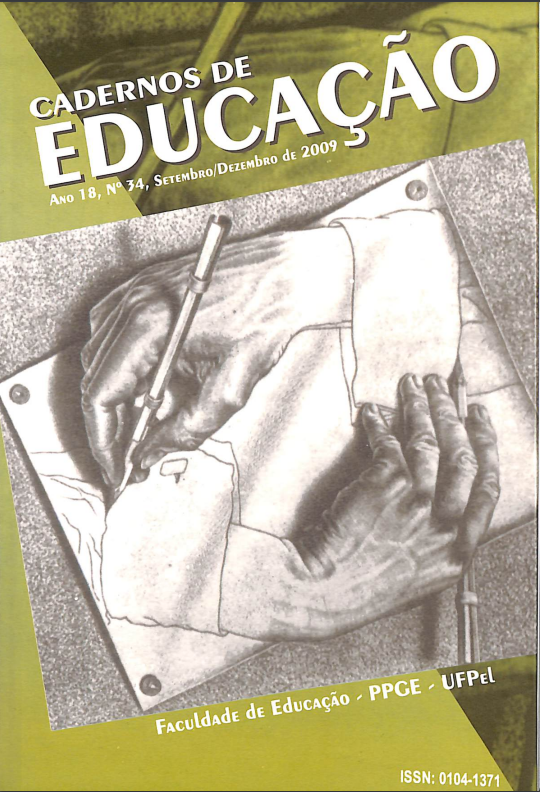THE ETHICS LOST ITS MIND
Abstract
In this essay ethics is analyzed as a happening that can’t be found. It’s only possible to show where and when it happens. And this, showing, is what makes acknowledgment and also the work of art. With Irene’s help, the main character of Europa 51, it is shown the irreducibleness of ethics to politics and moral, its lack of founding, its lack of normativeness and its lack, all told, of logos. In this direction, three things are pointed out: first, Irene’s I don’t know as a conduct impossible to be explained to the bourgeoisie arrangement, escaping from the sufficient reason principle and normality; second, Irene’s learning based on repetition, latency and revelation which is not the taken of consciousness and it doesn’t take place through a pedagogy of truth. Her learning goes through being placed somewhere over knowledge, the awareness and the representations present in I don’t know. Irene conducts herself and is conducted to something else than knowledge; last, in third place, the different lost of centre moments of Irene, her lost of mind in all senses of this expression: the sense in which she is judged (and condemned) by every reason and moral representative, and the sense that would allowed her to understand and find herself inside any kind of reasons arrangement. Therefore, Irene becomes able to be present and searches for the fair gesture, the fair word, the fair look, the one that brings to life and gives peace. During this search, at the same time ethical and existential, Irene shows that there’s always a excess, a madness grain, something irrational or out of order, something that escapes from judgment, from argumentation, from reason, from sense, from everything that could be explained. Those three things demonstrate that the ethics matter it is not a juridical matter.


